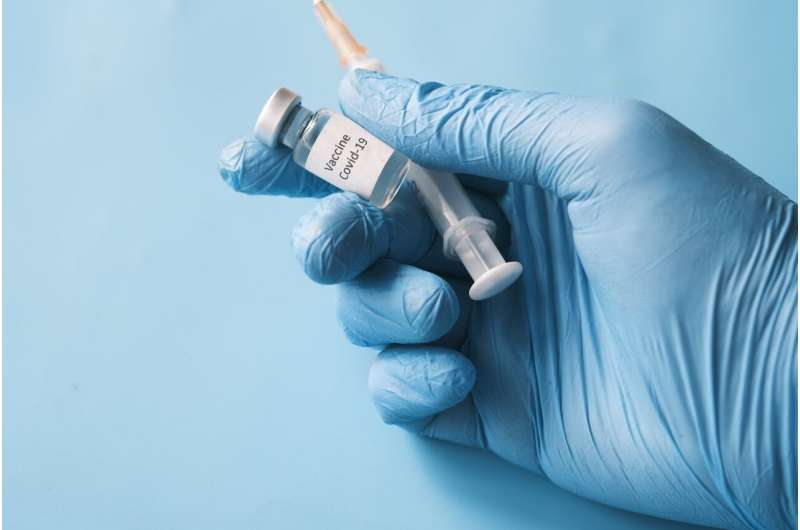Higher Biological Age Linked to Increased Dementia Risk, New Study Finds

Higher Biological Age May Elevate Dementia Risk
A recent study published in Neurology reveals that individuals with a biological age higher than their chronological age are approximately 30% more likely to develop dementia. Biological age, influenced by overall health and lifestyle factors, can differ from an individual's actual age based on birth date.
Key insights from the research:
- The study analyzed data from over 280,000 participants in the UK Biobank, with an average age of 57, followed for about 14 years.
- Researchers calculated biological age using biomarkers such as lung function, blood pressure, cholesterol, and white blood cell count.
- Participants with the most advanced biological age showed a significantly higher risk of dementia.
- Brain scans indicated that higher biological age is associated with loss of gray matter, which is critical for cognitive functions and linked to Alzheimer’s disease.
Implications and preventive measures:
Experts emphasize the importance of lifestyle choices, such as healthy diet, regular exercise, managing blood pressure and cholesterol, and adequate sleep, in influencing biological age. Healthcare professionals advocate for preventive healthcare strategies to mitigate dementia risk.
Expert opinions:
- Dr. Yacong Bo highlights that while age is unchangeable, biological age can be influenced by lifestyle, potentially reducing dementia risk.
- Dr. Cheng-Han Chen underscores the multifactorial nature of dementia and the role of healthy habits.
- Dr. Rehan Aziz stresses the importance of regular health screenings and lifestyle modifications to decrease biological age.
This research supports the ongoing efforts to promote healthy aging and underscores the potential of lifestyle interventions in reducing dementia risk.
Stay Updated with Mia's Feed
Get the latest health & wellness insights delivered straight to your inbox.
Related Articles
Medicaid Innovation Models Enhance Maternal Care Outcomes When Designed Effectively
Research shows that Medicaid ACOs can significantly improve maternal health outcomes when designed thoughtfully, focusing on engagement, timely postpartum care, and depression screening. Effective models can help address the maternal health crisis in the U.S.
Maryland Clarifies Confusing COVID-19 Vaccine Rules Amid Federal Policy Changes
Maryland health officials have released new guidance to clarify COVID-19 vaccine eligibility and insurance coverage amidst recent federal policy shifts, ensuring residents continue to have access to vaccination.
Germany Embraces Digital Health: Insurers Cover 56 Health Apps on Prescription
Germany is leading the way in digital healthcare, with health insurers now covering 56 prescription apps that support mental health, lifestyle, and wellness, transforming patient care and reducing costs.
Twin Study Finds Genetics Play a Major Role in Infant Crying Duration
A groundbreaking twin study reveals that genetics significantly influence how much infants cry in their early months, highlighting the limited role of environment and potential for future research on sleep routines.



